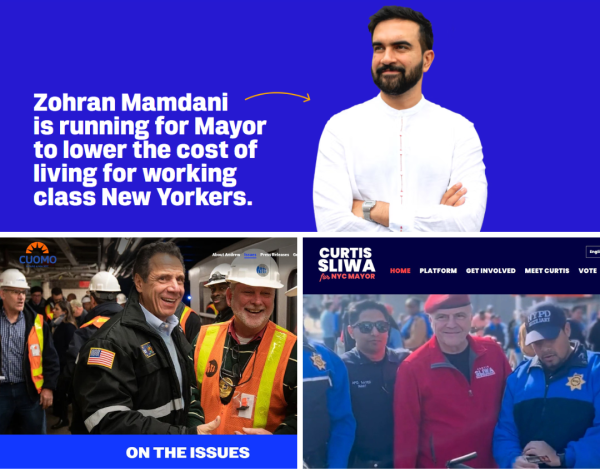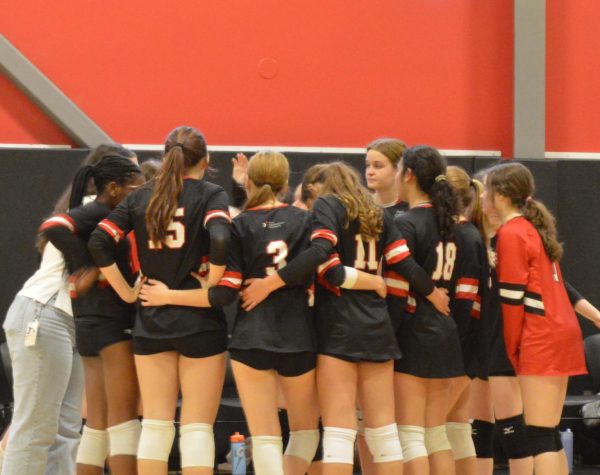Living Books Help To Remove Prejudice In Society
The Human Library Organization was first opened in the year 2000 in Copenhagen, Denmark by Rooni Abergel and his brother Danny. According to the founders, it is a place where readers can “borrow” other people, who serve as open books and have conversations with them. The idea of this library was to foster conversations between people who would normally meet and to help address prejudices. It was an opportunity to “borrow” time with another person and learn about their experiences. Slowly, connections formed between different kinds of people while they helped each other understand diversity and reduce prejudice.
A human “book” provides real-world examples and introduces new perspectives on different topics. For example, a book about ADHD would not be as interesting or as accurate as talking to a person living with ADHD. Similarly, a book on homelessness does not compare to an individual’s experience living without a roof over their head. One could ask questions to these “living books,” which is something that English teachers usually expect you to answer on your own from a written text. Human Libraries are places where challenging questions are welcomed, appreciated, and answered. All one has to do is respectfully listen.
For example, the Human Library recently highlighted a Holocaust survivor who told listeners about her painful experience during World War II. She claims it was not just rewarding telling her story, but also important to discuss these topics. “I am a member of a fast-dying group,” she told Human Library listeners. “When I talk about being a holocaust survivor in the Human Library, I always extend it to discrimination. Because I believe, had there not been discrimination, the Holocaust would never have happened. We, the holocaust survivors, are one of the groups that can most profoundly tell people what happens when discrimination goes unchallenged and runs rampant.”
The Human Library Organization has now spread over 6 continents and 85 countries with more than 19 years of experience, insights, and strategies. It also offers diversity and equity training for large companies to allow for more social understanding and the growth of deeper relationships with clients. The Human Library has even spread to our own home in Brooklyn, where readers can “borrow human books” and have meaningful conversations with them. The Brooklyn Public Library plans to host a living book seminar inspired by the Human Library movement. People of all gender, race, occupation, social status, lifestyles, health, disabilities, and age are welcome to volunteer to “be a book.” People can “borrow” and have conversations with individuals, and they will be monitored by librarians to create a safe, open environment. Due to COVID-19 restrictions, however, borrowing these books takes place online. Regardless, this still offers a fun opportunity – online or not.
The Human Library offers a valuable experience for people of all ages and provides challenges for listeners. As technology rapidly advances and people are more inclined to hide behind screens that have face-to-face conversations, it becomes more important to develop connections with others to elevate our level of humanity. The Human Library is a positive step in that direction.
Kanika R. is the Editor-in-Chief of The Grizzly. She's a senior at BASIS Independent Brooklyn, and this is her fourth year reporting for The Grizzly.












